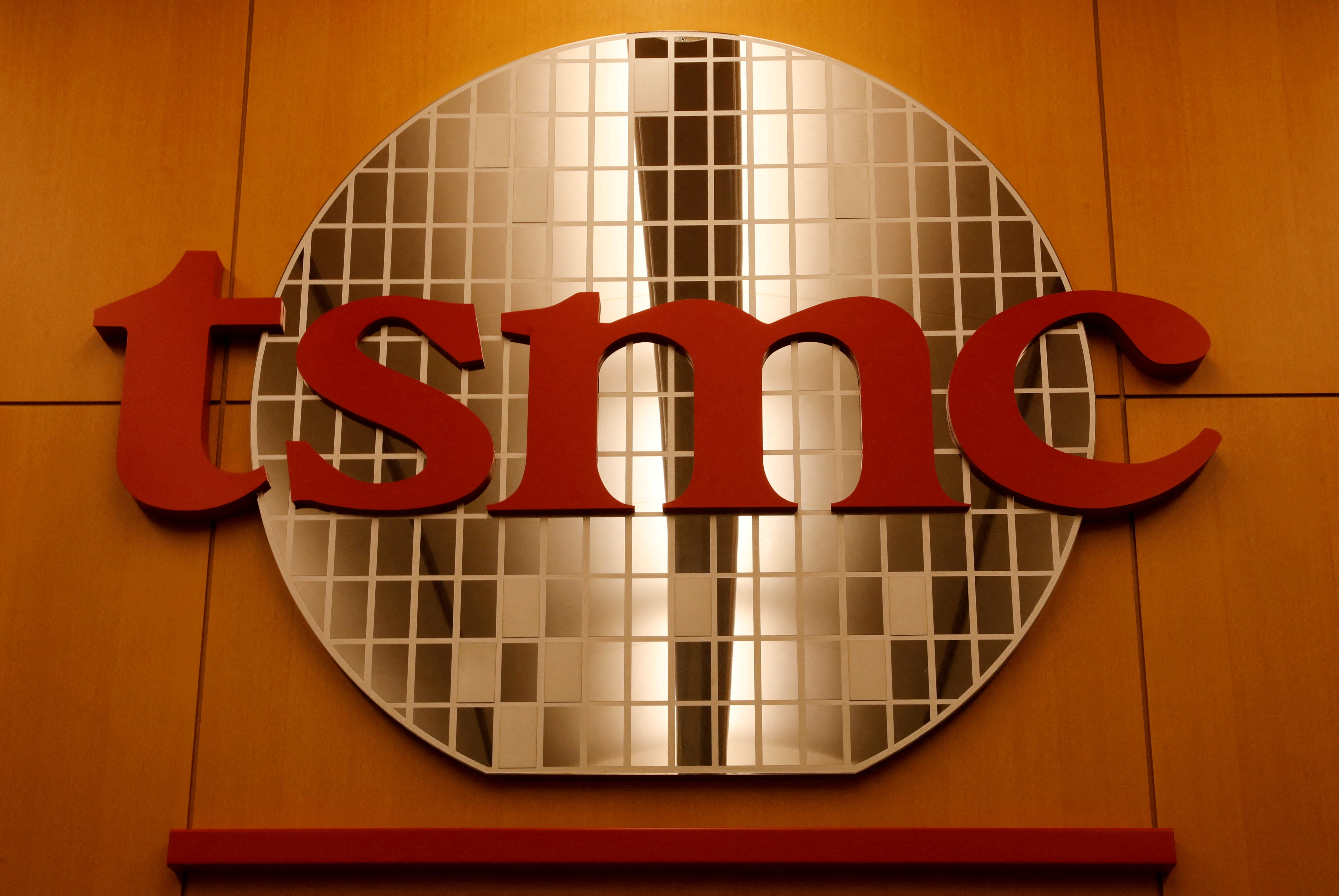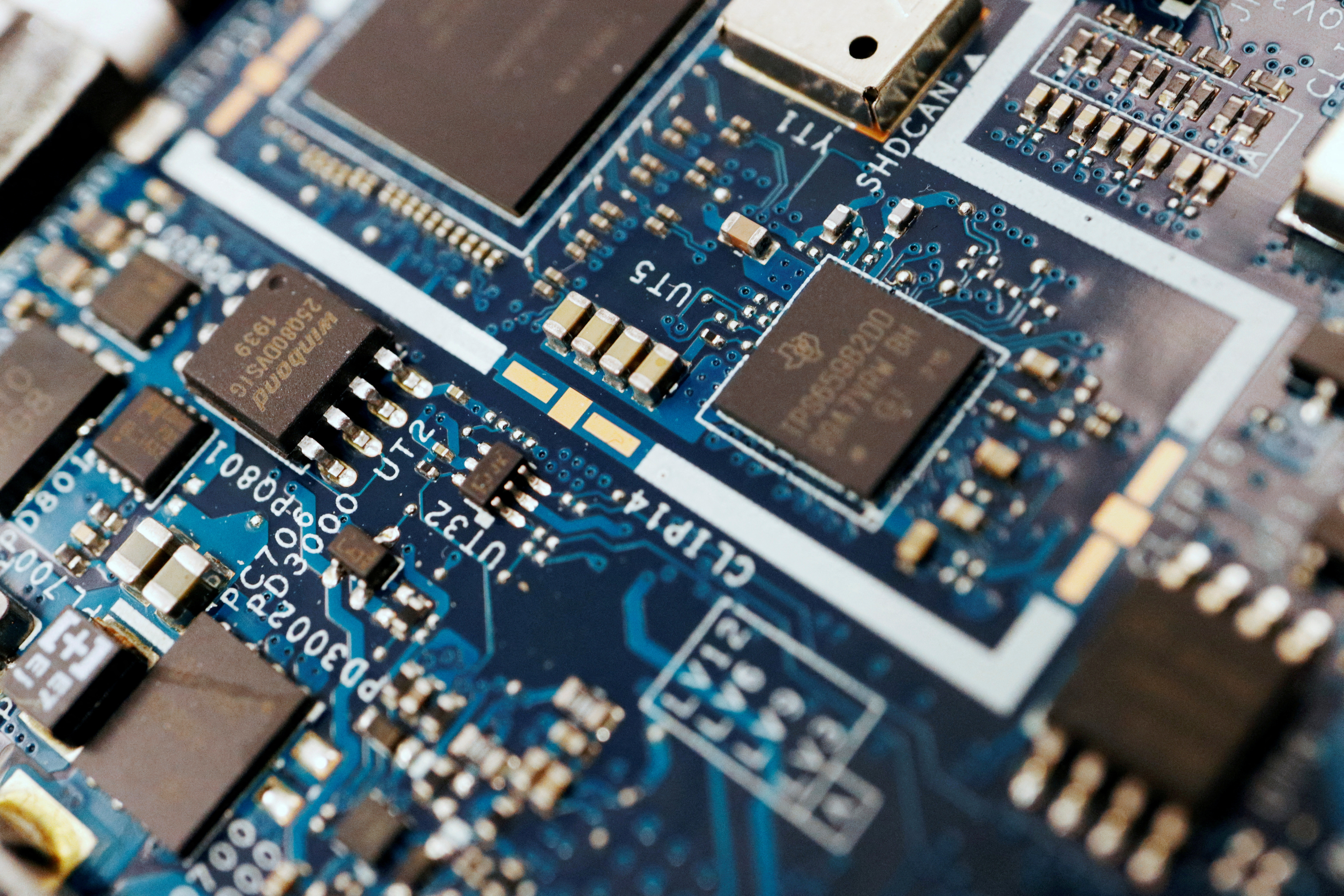The U.S. is struggling to deal with unexpected consequences of its new export curbs on China’s chip industry that could unintentionally harm the semiconductor supply chain, people with knowledge of the matter said.
By late Tuesday, hours before a new restriction came into effect, South Korean memory chipmaker SK Hynix Inc (000660.KS) said it got approval from the United States to take delivery of goods for its chip production plants in China without additional licensing introduced by the new rules.

The Biden administration had planned to exempt foreign companies operating in China such as Samsung Electronics Co (005930.KS) and SK Hynix from the impact of new restrictions, but the rules published Friday did not spare such firms.
Based on the publications, the rules ask for licenses before U.S. exports can be delivered to factories with advanced chip production in China as part of a U.S. bid to slow China’s military and technological advances. As of midnight Tuesday, vendors also cannot support, send, and service non-U.S. supplies to the China-based facilities without licenses if U.S. companies or people are involved.
As a result, even basic items like light bulbs, bolts, and springs that keep tools functioning may not have been able to be delivered until vendors are awarded licenses. And without the minute-by-minute support the foundries require, they could start shutting down, one source said.
SK Hynix said in a statement:
“Our discussions with the Department of Commerce led to an approval to supply equipment and items needed for development and production of DRAM semiconductors in Chinese facilities without additional licensing requirements.”
The company said the change would help prevent disruptions to the supply chain and that the approval is for a year. Samsung Electronics refused to comment. Another source said the short-term fix was until a longer-term solution could be reached. At least one other non-Chinese company got a similar approval, a third source said.
Buy Bitcoin NowA spokesperson for the U.S. Commerce Department did not directly respond to a request for comment on the approvals, but said the department expects to receive input from stakeholders about the rule and may explore changes.

A White House spokesperson also failed to respond to a request for comment. One of the sources said:
“Unless the authorization was issued, a variety of equipment and other suppliers would have had to pull their personnel from the fabs in China.”
The U.S. intended to review licenses for non-Chinese facilities in China affected by the new restrictions on a case-by-case basis, but even if authorized that could lead to delays in shipments. Licenses for Chinese chip facilities were likely to be rejected.
Intel Corp (INTC.O) and Taiwan Semiconductor Manufacturing Co. (2330.TW) also operate chip factories in China. The Chinese chip facilities are not expected to be spared.








